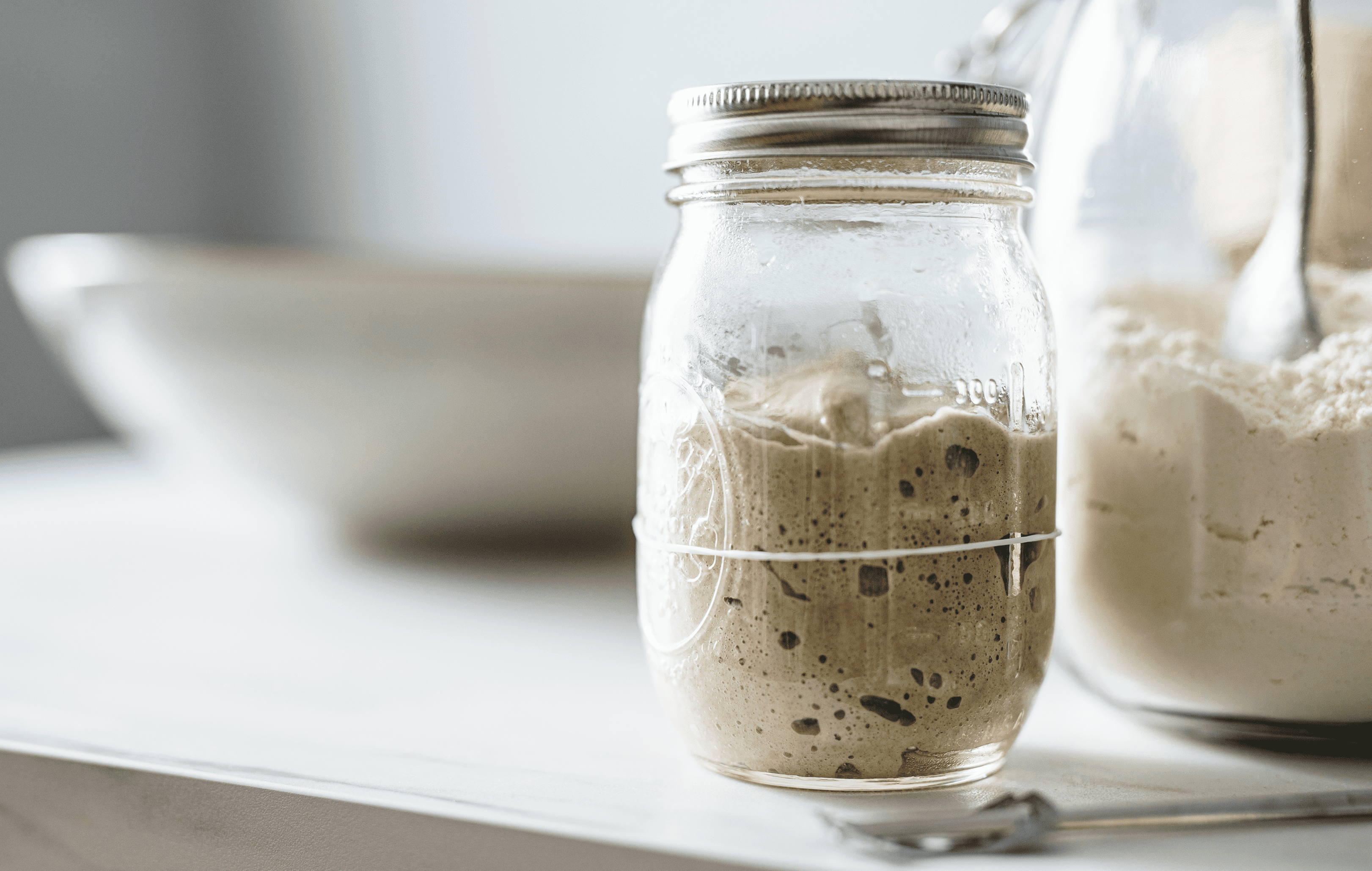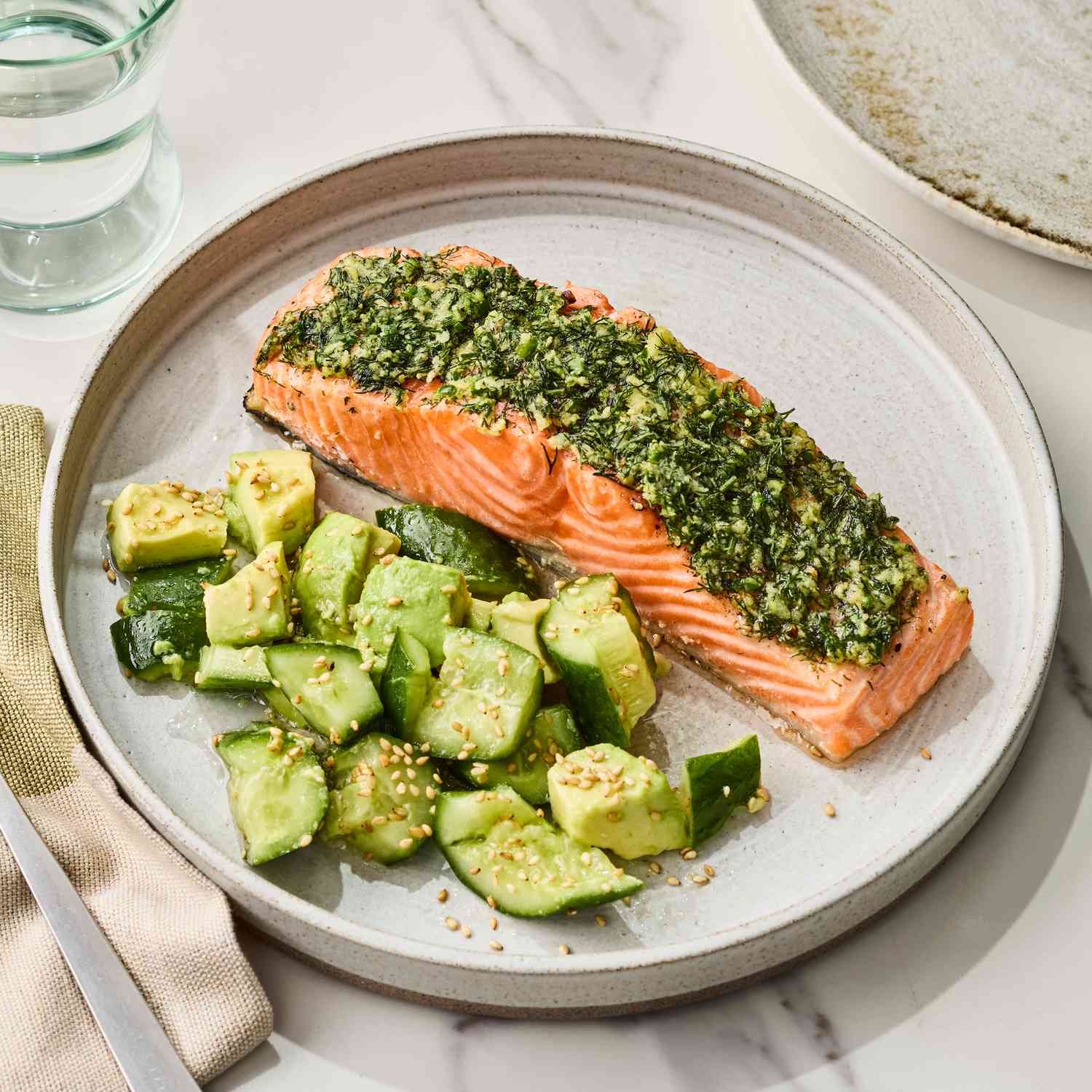
Using Tap Water Could Be Killing Your Sourdough Starter
I’ll admit it—I’m on my third sourdough starter. After accidentally killing my first two jars, an aunt gave me the starter I’m currently using, along with her go-to basic sourdough recipe. This recipe includes a note at the top about how to feed your starter—and this one tiny tweak has totally changed my baking game.
This recipe recommends using bottled water to feed your starter, rather than tap water. The reason: Unfiltered tap water often contains at least tiny amounts of chlorine, which can harm the yeast and bacteria that make your starter active. After much trial and error, I’ve finally perfected my signature sourdough loaf—and I credit my success to ditching tap water.
Is Tap Water Bad for Sourdough Starter?
The chemical makeup of your tap water depends on where you live, but most places in the United States add chlorine to public water sources. This process, which is heavily regulated by the EPA, is designed to disinfect the water to make it safe for public consumption. And while the small levels of chlorine in the water are perfectly safe to drink, it can have a negative impact on a sensitive sourdough starter.
Bottled water, on the other hand, typically does not contain chlorine, making it a better choice for your bread. You could also use other kinds of distilled or filtered water, like your Brita pitcher or filtered refrigerator water system.
If you use refrigerated filtered water, let it come to room temperature or warm it in the microwave for a few seconds before using, as very cold water can also kill your starter.
I still do use tap water in a pinch—from what I’ve found, a small amount of chlorine won’t immediately kill your starter—but since making the switch to filtered water, I’ve noticed a drastic improvement.










